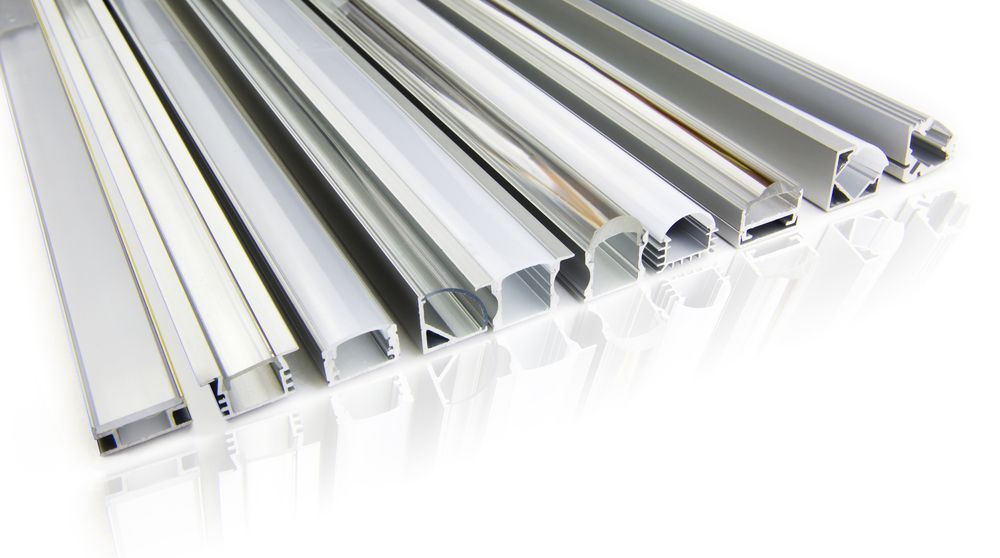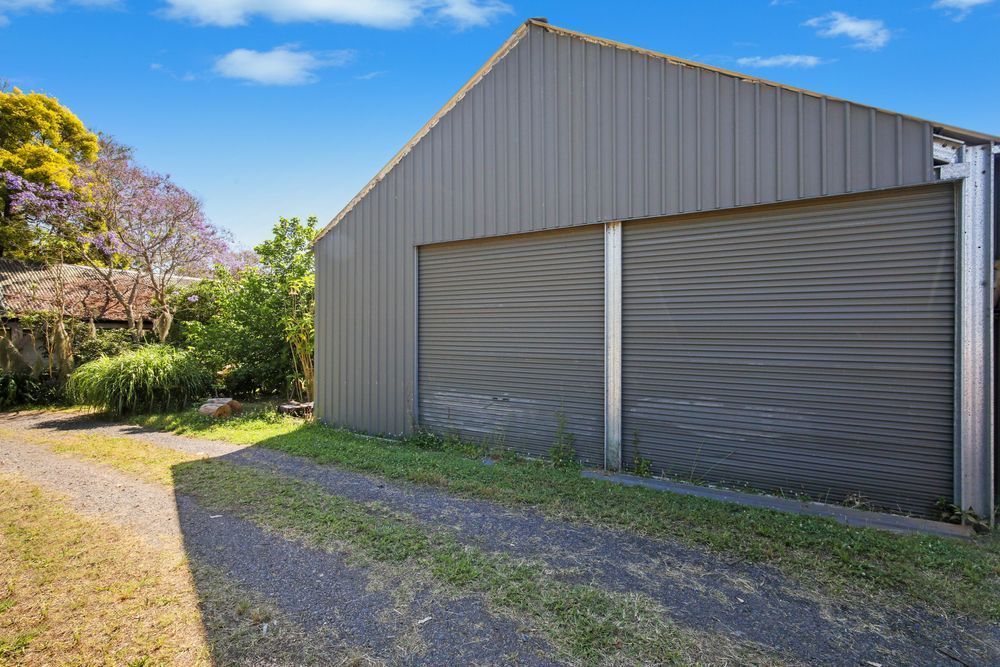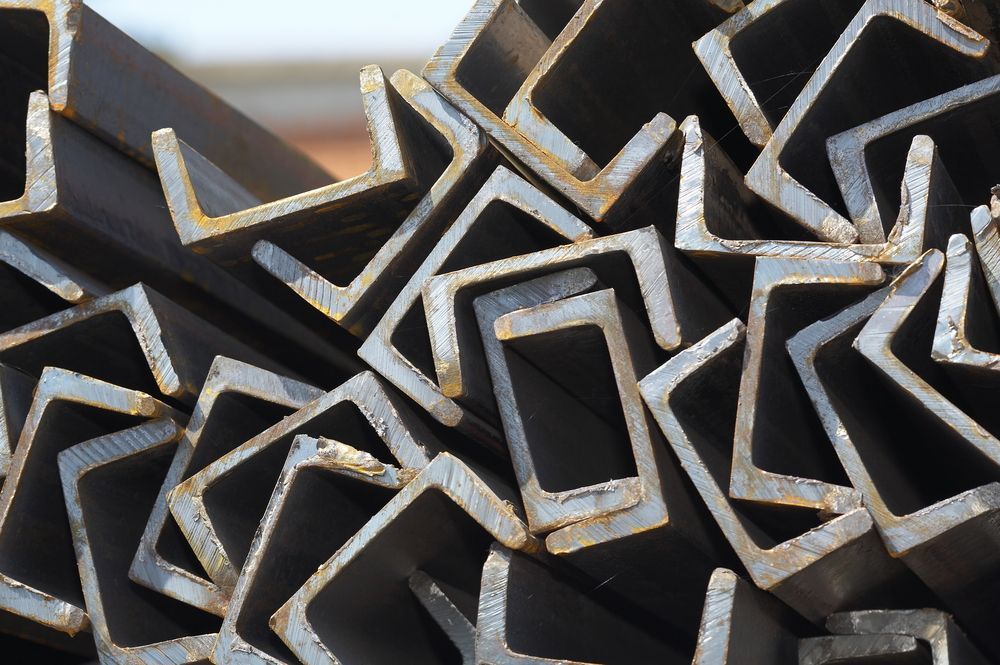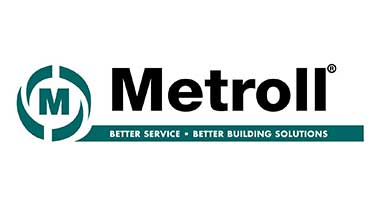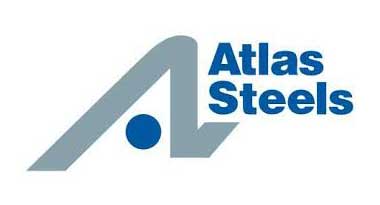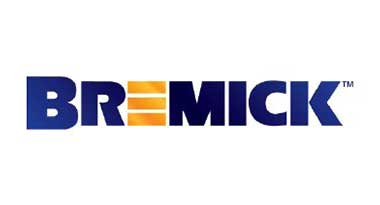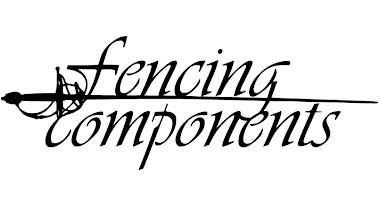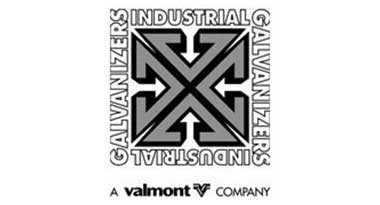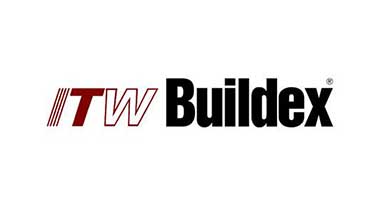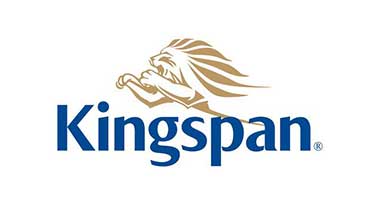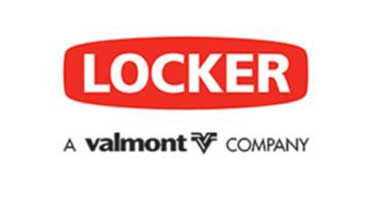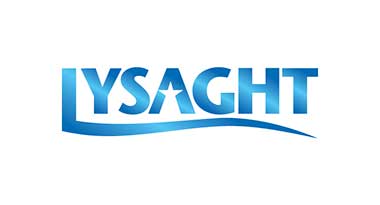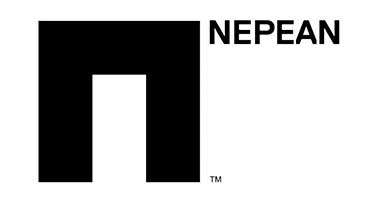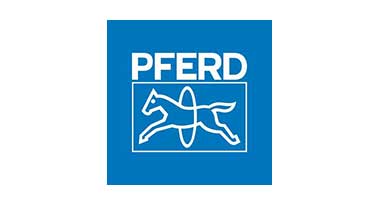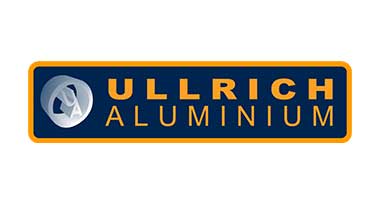Are Metal Fences Environmentally Friendly?
Are you considering metal fencing for your property but wondering if it’s an environmentally responsible choice? As sustainability becomes a key factor in construction and home improvement, it’s essential to understand the eco-friendliness of various materials. Metal fencing has distinct advantages when it comes to sustainability, from its production processes to its recyclability. Let’s explore how metal fences compare to other materials and what makes them a green choice.
Comparing Metal Fences Vs Other Fencing Materials
When choosing a fence, it’s important to consider the environmental impact of different materials. Wood, for example, may seem natural, but timber production contributes to deforestation and habitat loss. PVC or vinyl fencing involves petrochemical processes that are energy-intensive and produce waste. In contrast, metals like steel and aluminium can be produced with more sustainable methods and have a longer lifecycle.
Steel and aluminium production can incorporate recycled materials, significantly lowering the environmental footprint. In addition, advances in production technology have reduced emissions, energy consumption, and waste. This makes metal a more sustainable choice than other materials, especially when it includes a high percentage of recycled content.
Why It Matters: Choosing metal fencing helps reduce reliance on non-renewable resources and limits deforestation, contributing to a greener planet.
Recyclability & Reusability Of Metal Fencing
One of the standout eco-friendly features of metal fencing is its recyclability. Metal is one of the most recyclable materials on the planet. Steel and aluminium fencing can be recycled indefinitely without losing quality, meaning they can be repurposed multiple times. At the end of a fence’s lifecycle, it can be melted down and used for new products, reducing waste and conserving resources.
Additionally, metal fences are often modular, which allows sections to be repurposed or reused in new projects without needing a full replacement. This flexibility reduces the need for new resources and lowers overall waste, a huge benefit for environmentally-conscious consumers.
Why It Matters: Metal fencing is fully recyclable and reusable, supporting a circular economy and reducing landfill waste.
The Longevity Of Metal Fencing Reduces Environmental Impact
Durability is another critical factor in the sustainability of fencing materials. Metal fences, especially those made from steel and aluminium, are designed to withstand the elements and last for decades with minimal maintenance. Unlike wood, which can decay and require regular treatment, metal fencing is resilient to pests, weather, and other environmental factors.
A fence that lasts longer doesn’t need frequent replacements, which reduces the overall demand for resources. By choosing a durable metal fence, homeowners and builders can help reduce the environmental impact associated with the production, transportation, and installation of new materials over time.
Why It Matters: Longevity is eco-friendly. Metal fencing’s durability reduces waste and resource use, making it an ideal choice for those seeking sustainable solutions.
Eco-Friendly Installation Practices For Metal Fencing
The environmental impact of fencing also extends to how it’s installed. For example, eco-conscious installation methods can reduce the need for extensive digging or heavy machinery, which minimises soil disruption and fuel consumption. Installing metal fencing with minimal concrete can help lower the carbon footprint as concrete production is energy-intensive.
Opting for locally-sourced metal fencing reduces transportation emissions while using recycled or sustainably-produced materials adds to the eco-friendliness of the installation. Simple choices like these make a big difference in the environmental impact of your fence project.
Why It Matters: Small choices in installation, such as local sourcing and reduced concrete use, make metal fencing an even greener option for sustainable construction.
Low-Maintenance Metal Fencing Supports Sustainability
Metal fencing is not only durable but also low-maintenance, which contributes to its environmental benefits. Unlike wood, which needs regular sealing, painting, or staining, metal fencing often requires minimal upkeep. Powder-coated metal fences, for example, resist rust and corrosion, eliminating the need for frequent paint or chemical treatments. This saves on resources and avoids the harmful environmental effects of repeated chemical use.
The low-maintenance aspect also benefits homeowners by reducing costs and time spent on upkeep, making metal fencing a practical choice in addition to being sustainable.
Why It Matters: A low-maintenance fence reduces chemical and resource use over time, supporting a more eco-friendly lifestyle.
Resistance To Pest Damage Reduces Environmental Impact
Unlike wood fencing, which is vulnerable to termites and other pests, metal fencing is naturally resistant to insect damage. This resilience eliminates the need for chemical pesticides or treatments, which are often required to protect wood fences from pests. By choosing metal, you reduce the environmental impact associated with these chemicals, keeping your property—and the surrounding ecosystem—safer and healthier.
Why It Matters: Pest-resistant metal fencing reduces reliance on harmful chemicals, making it a safer and more eco-friendly option for your home or business.
Contact Us For Metal & Steel Fencing In Newcastle!
At
Metal Mates, our team can supply and deliver a wide range of fencing and gate solutions to meet your needs. If you’re searching for high-quality metal fencing in
Newcastle, our team is here to help you find the perfect fit. Visit our website to learn more about how we can help you create a durable, environmentally responsible solution for your property.

